
The results are in. And the winner is, oh no… there’s no Christmas trading numbers for Morrisons this year. And none for Asda, either.
To be fair we have Kantar and NielsenIQ to tell us about topline sales momentum, but that’s slim pickings versus the updates from the plcs, with their profit upgrades – against flatlining sales and soaring inflation – the real story.
Even the once shy Aldi and Lidl updated the market, with Aldi cockily declaring itself the fastest-growing retailer before anyone else had reported – despite same-store growth of 0.4%.
So it will be interesting to see for how long Asda and Morrisons remain in the shadows. True, one of the advantages of not being a plc is you’re not answerable to the public, and are spared a whole bunch of ‘red tape’. On the other hand, it’s not just the public that is interested: investment decisions are also made by suppliers, for example. And a consumer-based business cannot ignore the oxygen of visibility for long. This is a chance to shine. And never more so than now for the grocers as the rising tide of Omicron infections lifted all their boats (while hospitality operators were holed below the water line).
As such, the most impressive achievement was surely not the strong results at Tesco, Sainsbury’s and M&S (the latter against weak comps) as good as they were, so much as the performance of Greggs, whose sales somehow are ahead of pre-Covid levels despite carnage in the wider foodservice and hospitality sector.
Tesco’s Booker division also needs a callout. Given the lockdowns in 2020 it’s no surprise sales were +16.2% in its Q3, but +16.7% over two years shows it’s a business transformed.
It’s also reassuring to see Booths delivering such a strong performance, despite its lack of scale, another example of Covid democratising success for grocery businesses big and small.
But perhaps the most heartening result of all is that, among so many winners, food waste redistribution was not adversely affected this Christmas by ongoing supply chain disruption. It would have been tragic if, as the industry pulled out all the stops to deliver a great Christmas, those most in need had lost out. Mercifully our worst fears were not confirmed.







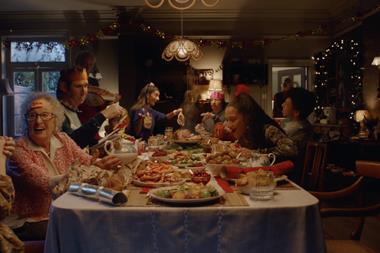
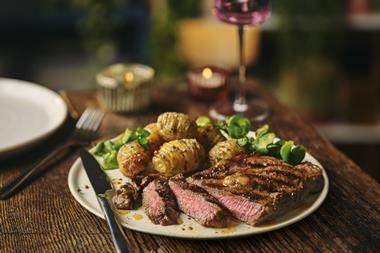
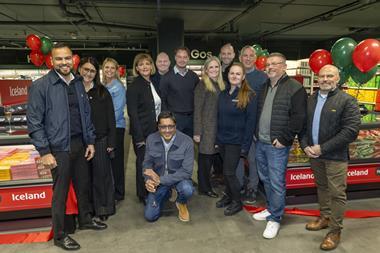


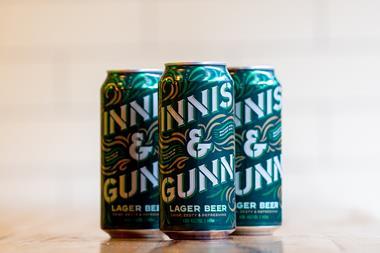

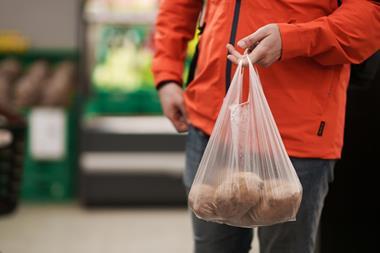




No comments yet